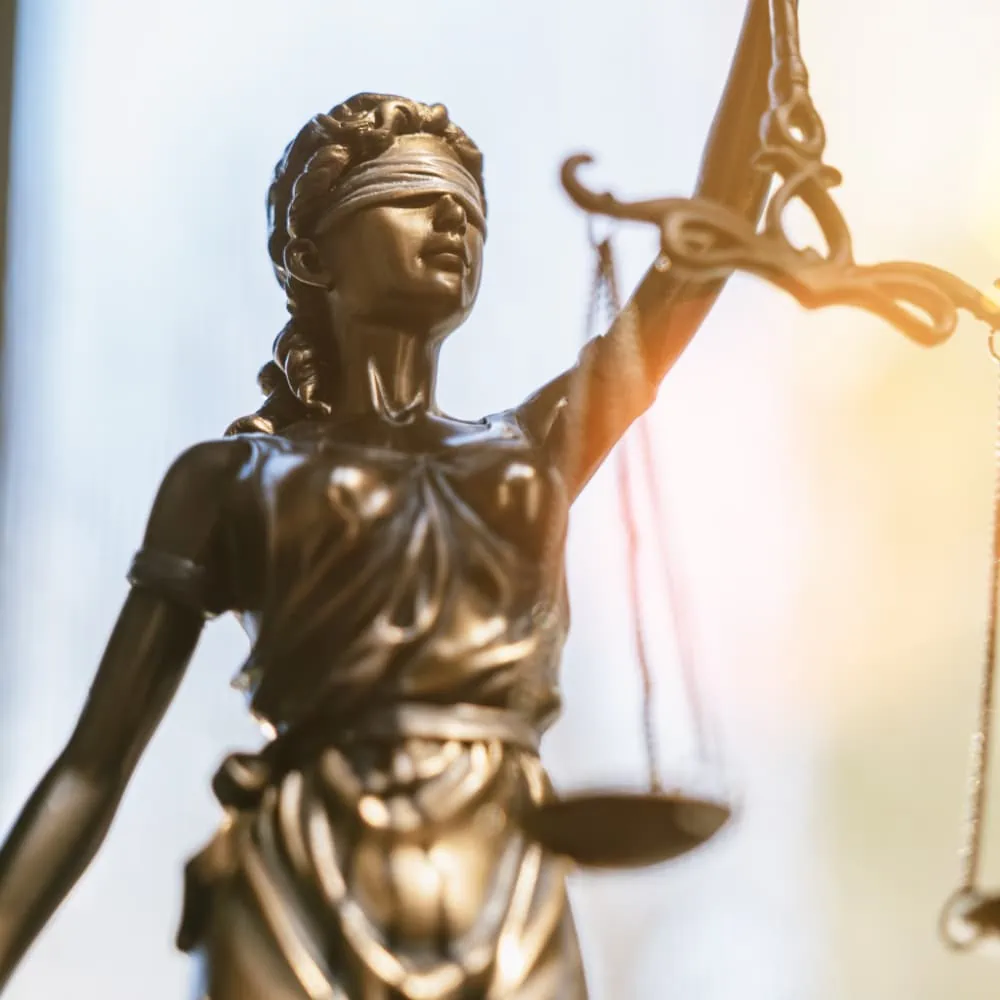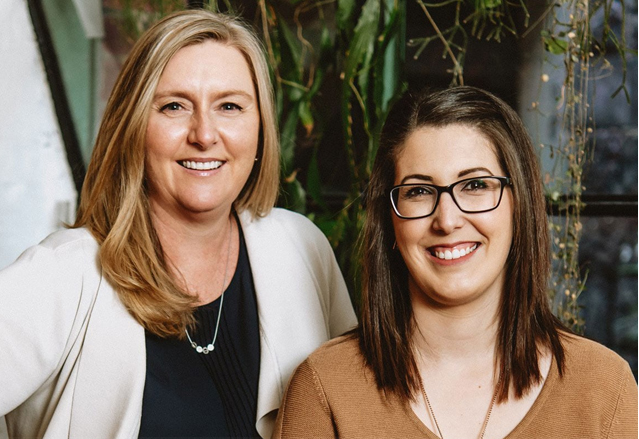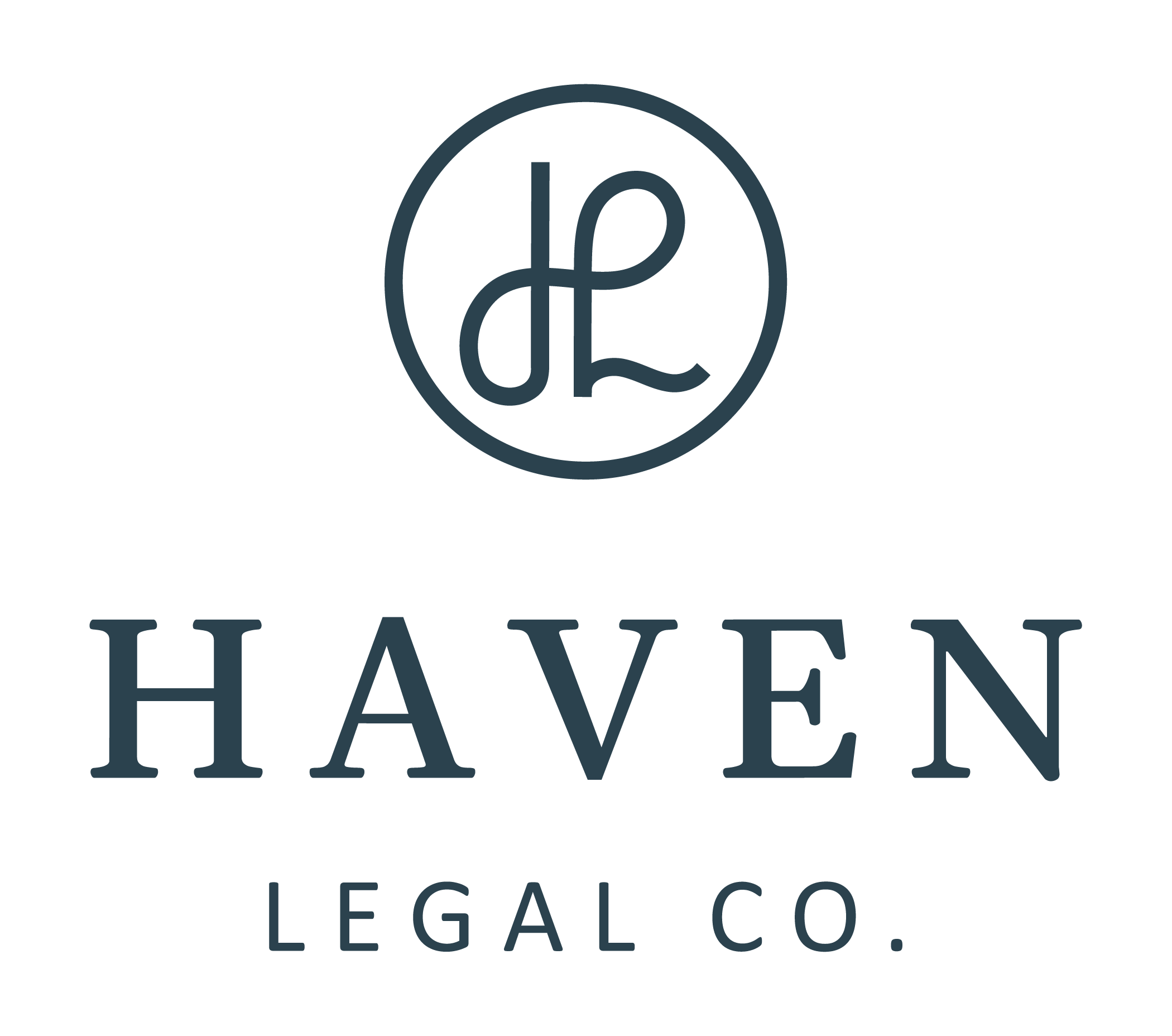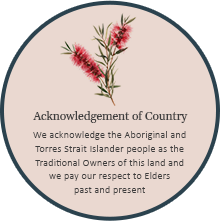Domestic Violence in Victoria: An Overview
Domestic violence is a pervasive and devastating issue that affects individuals and communities across Victoria. This overview aims to shed light on the scope of the problem, the risk factors involved, and the critical resources available for those in need of support. Domestic violence can take many forms, including physical, emotional, sexual, and financial abuse, and can have long-lasting consequences on the lives of victims and their families.
Understanding the Scope of the Issue
- Prevalence
Domestic violence is a widespread problem in Victoria, with studies indicating that one in four women have experienced intimate partner violence since the age of 15. The issue affects individuals from all walks of life, regardless of age, socioeconomic status, or background. - Underreporting
It’s estimated that a significant number of domestic violence incidents go unreported, as victims may feel ashamed, afraid, or uncertain about seeking help. This underscores the importance of raising awareness and creating a supportive environment for survivors to come forward. - Gendered Nature
While domestic violence can affect anyone, the majority of victims are women, with research showing that women are more likely to experience more severe forms of abuse and are at greater risk of being injured or killed by their partners.
Risk Factors and Warning Signs
Risk Factors
Certain factors, such as a history of violence, substance abuse, mental health issues, and economic instability, can increase the likelihood of domestic violence occurring. Understanding these risk factors can help identify individuals and communities that may be more vulnerable and in need of targeted interventions.
Warning Signs
Recognising the warning signs of domestic violence, such as sudden changes in behavior, social isolation, and physical injuries, can be crucial in identifying victims and connecting them with the necessary support services. By being alert to these signs, friends, family, and community members can play a vital role in providing assistance and breaking the cycle of abuse.
Intersectionality
Domestic violence can disproportionately affect certain marginalized communities, such as those facing economic hardship, racial discrimination, or disabilities. Addressing the unique challenges and barriers these individuals face is crucial in ensuring that all victims have access to the support and resources they need.
The Cycle of Domestic Violence
Tension Building
In this stage, tension and conflict gradually build in the relationship, often due to underlying issues such as power imbalances, control, or stress. Victims may feel increasingly on edge and unable to predict their partner’s behavior.
Abuse
Abuse is often a persistent pattern, manifesting repeatedly in physical, emotional, or sexual forms. This ongoing cycle can leave the victim feeling continually ashamed, frightened, and powerless.
Reconciliation
The abuser may express remorse, make promises to change, or use other tactics to convince the victim to stay. This phase can create a false sense of hope and can make it difficult for the victim to leave the relationship.

Seeking Help: Resources and Services
Emergency Assistance
In immediate danger, victims can contact the police, emergency services, or specialized domestic violence hotlines that offer 24/7 support, safety planning, and referrals to appropriate resources.
Counseling and Support
Victims can access free and confidential counseling services, support groups, and therapeutic programs to help them process their experiences, develop coping strategies, and regain a sense of empowerment.
Legal Assistance
Domestic violence victims can seek legal advice and representation to obtain protection orders, navigate the justice system, and address issues related to child custody, financial support, and housing.
Transitional Housing
Temporary housing and emergency accommodation options are available to provide a safe and supportive environment for victims and their children as they work towards long-term stability and independence.

Legal Protections for Victims
Restraining Orders
Victims can obtain court-issued restraining orders, also known as intervention orders, to legally restrict their abuser’s access and contact, providing an additional layer of protection and accountability.
Family Violence Legislation
Victoria’s comprehensive family violence legislation recognizes domestic abuse as a serious criminal offense and provides a framework for law enforcement, the justice system, and support services to work together to protect victims and hold perpetrators accountable.
Victims’ Rights
Domestic violence victims have a range of legal rights, including the right to safety, privacy, and access to support services, as well as the right to be treated with dignity and respect throughout the judicial process.
Supporting Survivors: Emotional and Financial Assistance
Emotional Support
Survivors of domestic violence often require longterm emotional support to heal from the trauma they’ve experienced. This can include counseling, support groups, and other therapeutic interventions to help them rebuild their self-esteem, develop healthy coping mechanisms, and reclaim their lives.
Financial Assistance
Domestic violence can have significant financial consequences for victims, as they may have limited access to resources or have been financially controlled by their abusers. Various financial assistance programs, including emergency aid, job training, and housing support, can help survivors achieve financial independence and stability.
Holistic Approach
The most effective support for domestic violence survivors takes a holistic approach, addressing their emotional, physical, and financial needs. By providing comprehensive services and resources, survivors can rebuild their lives, regain a sense of safety and control, and break the cycle of abuse.
Breaking the Cycle: Prevention and Community Involvement

Education and Awareness
Increasing public awareness and understanding of domestic violence, its root causes, and its impact on individuals and communities is crucial in breaking the cycle of abuse. Educational programs, campaigns, and community dialogues can help shift societal attitudes and promote healthy, respectful relationships.

Prevention Strategies
Effective prevention strategies focus on addressing the underlying issues that contribute to domestic violence, such as gender inequality, substance abuse, and mental health challenges. By investing in early intervention programs, strengthening support systems, and promoting healthy relationship skills, we can work to stop the cycle of abuse before it starts.

Community Engagement
Domestic violence is not just an individual problem, but a community-wide issue that requires a collaborative response. By fostering a culture of support, empowerment, and accountability, community members can play a vital role in identifying and reporting abuse, connecting victims with resources, and creating a safer environment for all.

For experienced and dedicated lawyers in Cobram and Northern Victoria, call Haven Legal Cobram today.
We strive to deliver outstanding legal services that exceed your expectations and provide you with complete peace of mind.


